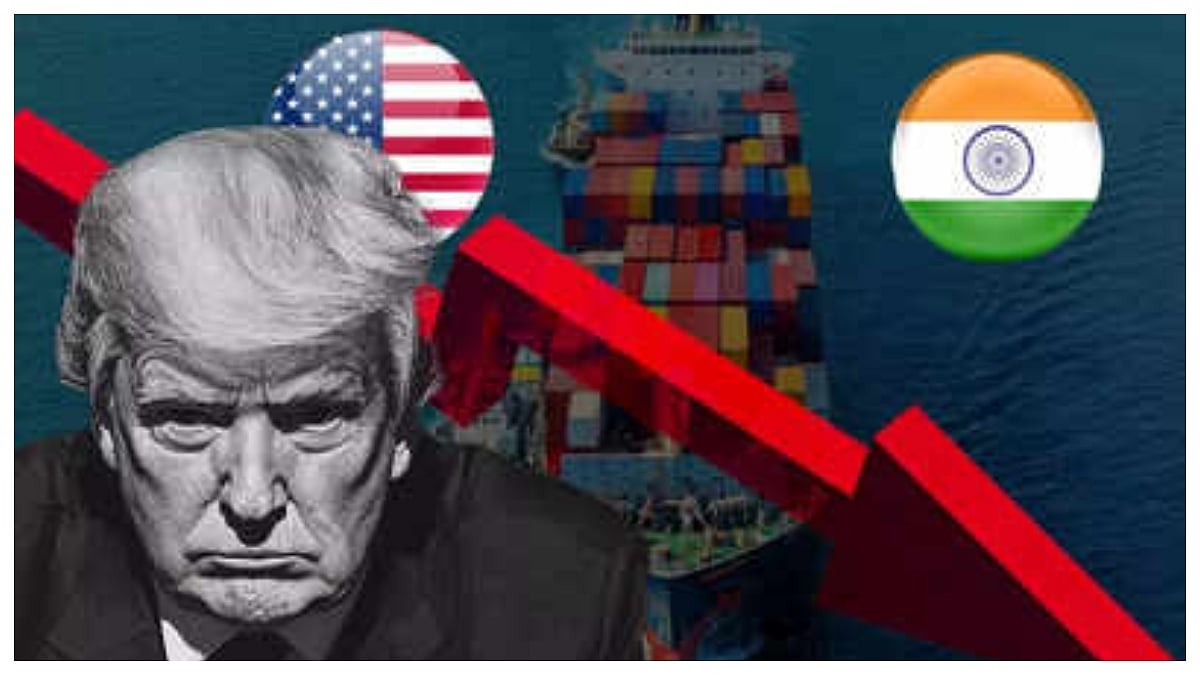Greenhorn For Critical Posting
This dual role is unprecedented and puts him in a category apart from his predecessors. Men of stature, such as John Kenneth Galbraith, Daniel Patrick Moynihan, and Frank Wisner, had graced the post in the past, leaving behind intellectual heft and diplomatic finesse before influencing policy in Washington.

File Image |
The testimony of the US ambassador-designate to India, Sergio Gor, before the Senate Foreign Relations Committee revealed the traits of a political novice thrust into the unforgiving world of diplomacy. That he is close to President Donald Trump is beyond dispute. If anyone had doubts, they were dispelled when Trump himself proclaimed on social media: “For the most populous region in the world, it is important that I have someone I can fully trust to deliver on my agenda.” What makes Gor’s appointment unusual is that he will also serve, concurrently, as “special envoy for South and Central Asia Affairs”, provided the Senate gives its nod—a foregone conclusion in the current political climate.
This dual role is unprecedented and puts him in a category apart from his predecessors. Men of stature, such as John Kenneth Galbraith, Daniel Patrick Moynihan, and Frank Wisner, had graced the post in the past, leaving behind intellectual heft and diplomatic finesse before influencing policy in Washington. By contrast, Gor’s greatest credential is his proximity to Trump. While this may give him access to the White House, it does not automatically translate into nuanced statecraft. His Senate testimony offered little beyond platitudes. To be fair, he inherits a relationship at one of its lowest ebbs. Once hailed as “natural allies”, the two democracies are now caught in a tariff war, with Washington imposing punitive 50 per cent duties on Indian goods. Asked about progress in resolving the dispute, Gor could only mutter that talks were “in progress” and a deal could come “in weeks or months”. Such ambiguity inspires no confidence. Gor’s emphasis on raising bilateral trade to $500 billion by 2030 sounded more aspirational than actionable. After all, it was Trump himself who disrupted progress on the trade front. On security, Gor tried to highlight a silver lining: the President’s willingness to attend the Quadrilateral Security Dialogue summit in India. Even the QUAD’s relevance hangs in the balance, given Trump’s unpredictable pronouncements—supportive one day, dismissive the next.
On Russia and China, Gor struck a strident tone, vowing to make it a “top priority” to pull India firmly onto America’s side. In doing so, he echoed Trump’s transactional worldview. India is no supplicant at the US table. It is the world’s third-largest economy, pursuing its own strategic interests. Prime Minister Narendra Modi cannot mortgage these interests merely to bask in Trump’s effusive praise. Decades of careful engagement built the India-US strategic relationship. Squandering those gains in a flurry of tariffs, diktats and rhetorical bravado would be tragic, to say the least. Gor’s proximity to Trump could yet prove useful in restoring trust—if he learns quickly that diplomacy demands subtlety, not soundbites.
RECENT STORIES
-
-
-
-
-